Coronavirus: Former Treasury boss John Fraser urges tax and workplace reform
Former Treasury secretary John Fraser has called for tax and industrial reforms to reboot the economy after the pandemic.
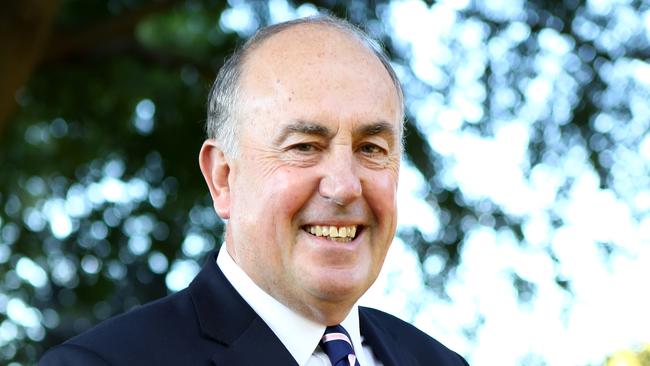
Former Treasury secretary John Fraser has called for tax and industrial reforms to reboot the economy in the wake of the coronavirus pandemic and has applauded the Morrison government’s handling of the crisis, including its call for an inquiry into its origins.
As the debate about what governments can do to resuscitate growth ramps up, Mr Fraser, who was Treasury secretary for 3½ years during the Abbott and Turnbull governments, recommended making it “easier for business to hire and fire”, and backed former treasurer Peter Costello’s call to expedite legislated tax cuts.
“It is clearly the case that businesses will be more willing to hire people if they can get rid of them if it doesn’t work out,” Mr Fraser said on Friday.
“And I’m delighted that the Prime Minister has flagged he doesn’t want to go down the path of increased spending, rather focusing on reducing taxes.”
Mr Fraser added that he was “absolutely on board” with Mr Costello, who urged the government to bring forward tax cuts that were legislated to start in 2024. “Peter is spot-on; it’s about incentives,” he said.
His comments came in a week when the Fair Work Commission canvassed whether a rise in the minimum wage should be deferred for businesses devastated by COVID-19 and forced on the JobKeeper program.
Ian Harper, a former chairman of the Fair Pay Commission, told The Weekend Australian he agreed, saying increasing the cost of labour when employment was falling risked delaying the return to work for the hundreds of thousands of Australians who had lost their jobs during the pandemic.
Professor Harper, who is on the Reserve Bank board and is also dean of the Melbourne Business School, said the Fair Work Commission “should be thinking very seriously” about not lifting the lowest hourly pay rate this year, to avoid blunting jobs growth in a downturn.
“When unemployment is rising and you raise the minimum wage, then you make it more likely that people get pushed out of work,” Professor Harper said.
He said this was particularly risky now when industries that have been devastated by the shutdowns — such as accommodation and hospitality — tended to employ a high number of casuals.
Following concerns among backbench Liberal MPs about potential waste in the government’s $130bn JobKeeper wage subsidy, Scott Morrison said on Friday the government was willing to deal with further “anomalies”. “So far, the things that have required sorting out have been relatively modest and those changes have been able to be made,” the Prime Minister said.
Mr Fraser, who returned to the Treasury in 2015 from his position as chairman of UBS Global Asset Management, said the government needed to “have an eye to the generosity” of expenditures, fearing workers could start preferring not to work.
“We’ve rejigged the leisure-work paradigm, making work less attractive because of the wage subsidy,” he said. “We have to make sure that people, and especially younger people, don’t get into a situation where leisure becomes more attractive than it was in the past.’’
Now on the board of AMP and Judo Bank, Mr Fraser said budget surpluses were unlikely “at least for some time” and advocated tax simplification.
“Being a small businessman now with a couple of farms, I suddenly realise how complex it can be,’’ he said. “It’s no accident that people even on quite modest incomes appoint accountants.”
In 2009, the Henry tax review found Australians used accountants at the second-highest rate in the OECD.
“There are concessions in the corporate tax area which are well worth looking at again, where savings could be used to fund more generous personal tax cuts,” Mr Fraser said.
He also backed the government’s call for an inquiry into the origin of the coronavirus, in a week when China slapped a ban on Australian meat exports, seemingly as punishment.
“Standing up for yourself and principles is critical, and I think the position Morrison has taken on this is sensible. It may cost us, but it would cost us more in our pride not to,” he said.
Professor Harper was chairman of the Fair Pay Commission during the global financial crisis and presided over a zero lift in the minimum wage in 2009.
“We baulked at raising the minimum wage when we thought unemployment was going to 8 per cent,” he said.
Brendan Coates, director of the Household Finances Program at the Grattan Institute, said he expected the Fair Work Commission would “tread cautiously” when making its decision in June.
“In previous downturns, they have been reluctant to offer big minimum wage rises,” he said.
Treasury is forecasting the jobless rate will rise to 10 per cent in the coming months.
Professor Phil Lewis, director of the University of Canberra’s Centre for Labour Market Research, said “increasing the cost of employing people when people are losing their jobs is … silly”.
But Westpac senior economist Justin Smirk said freezing minimum wages risked doing further damage to fragile household confidence, which had already been battered in recent weeks.

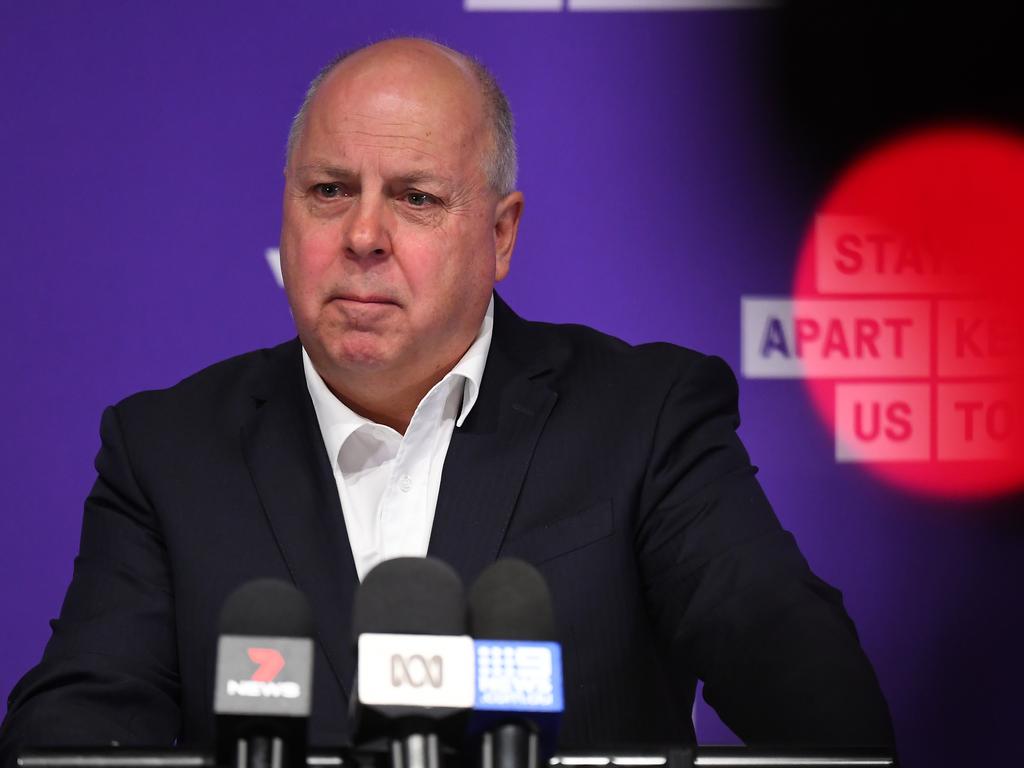
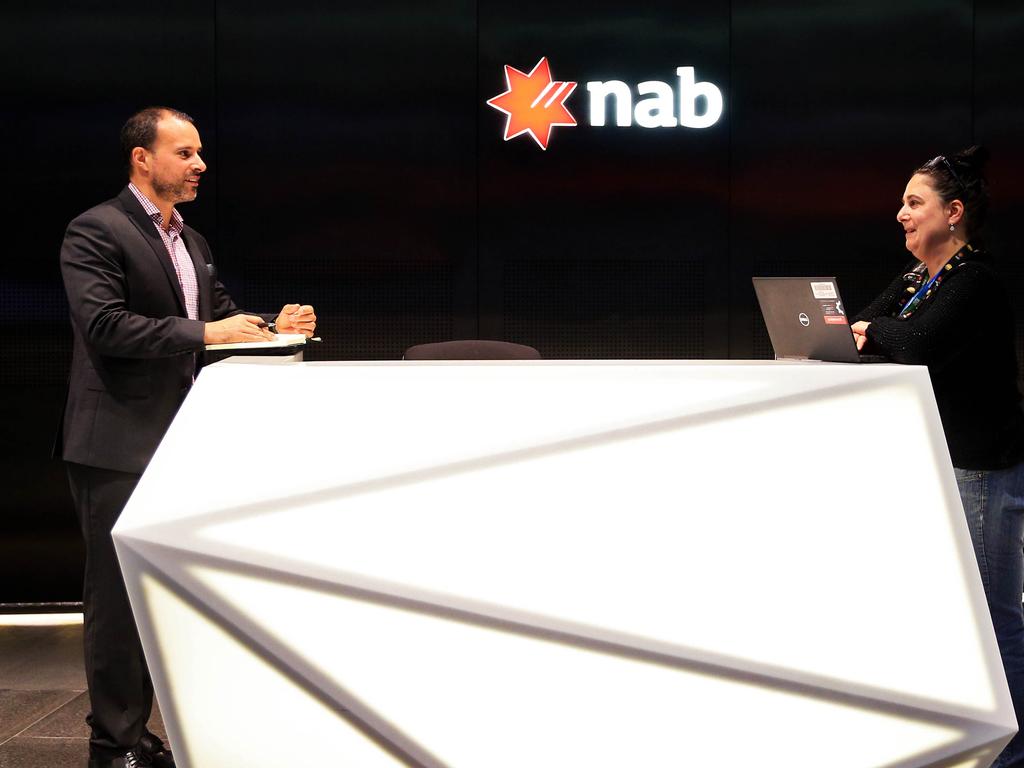
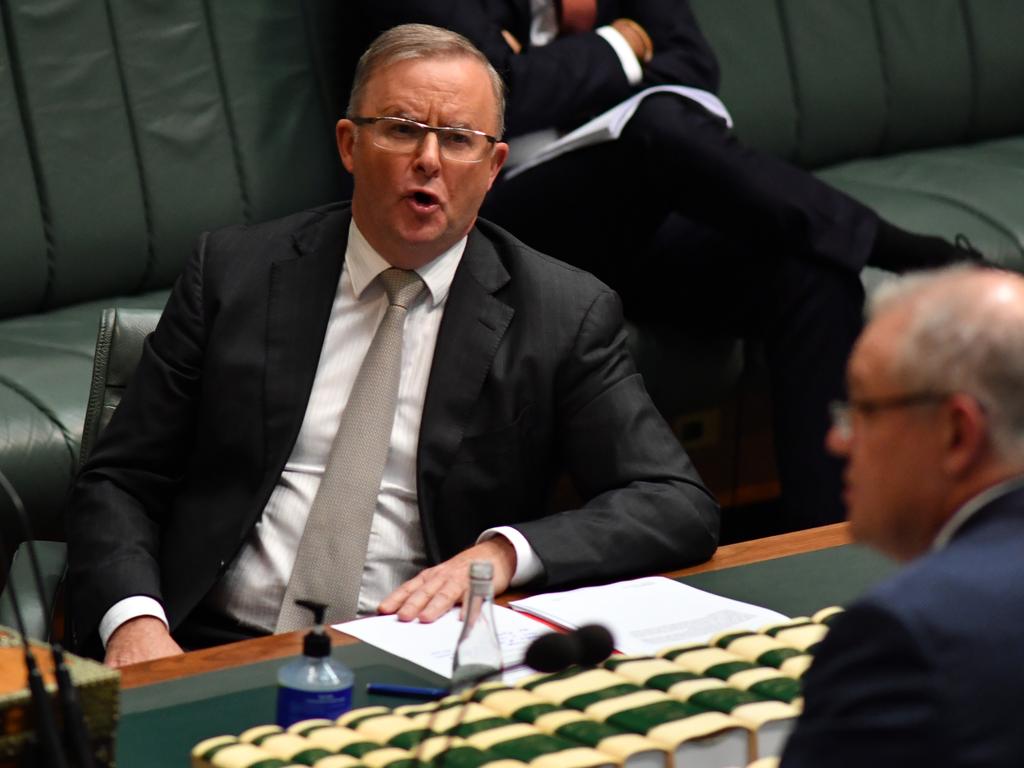

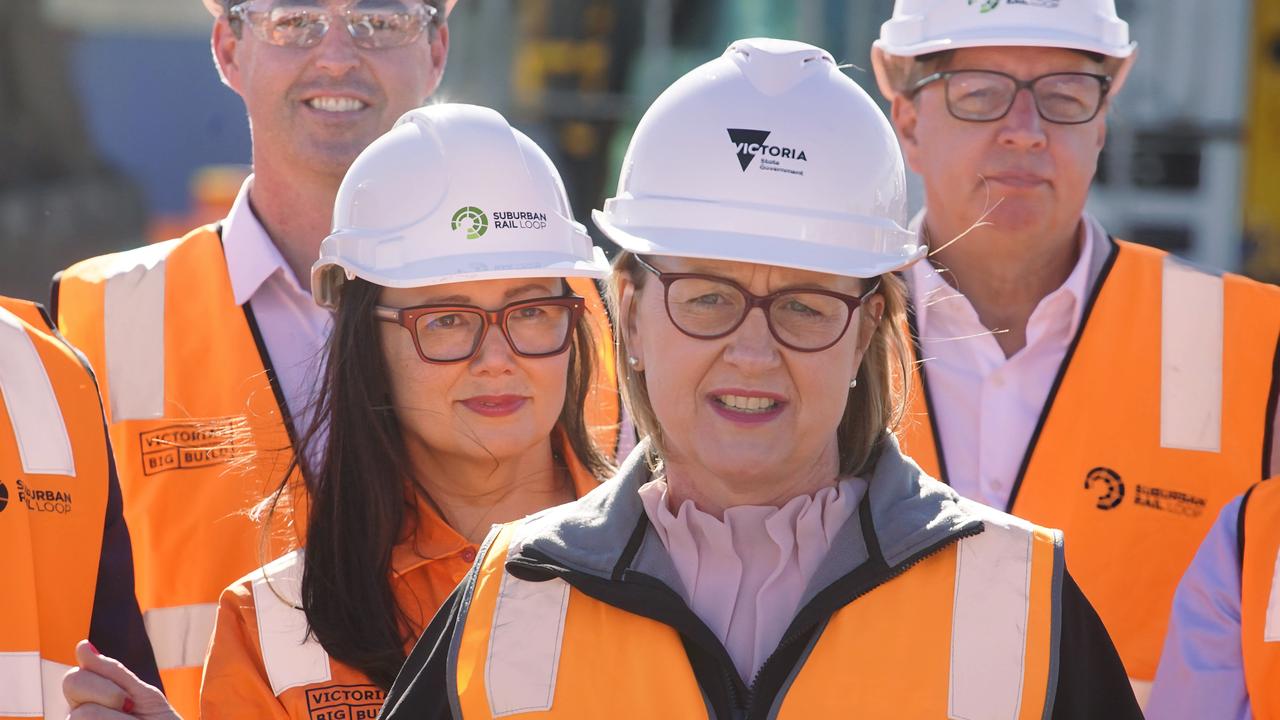
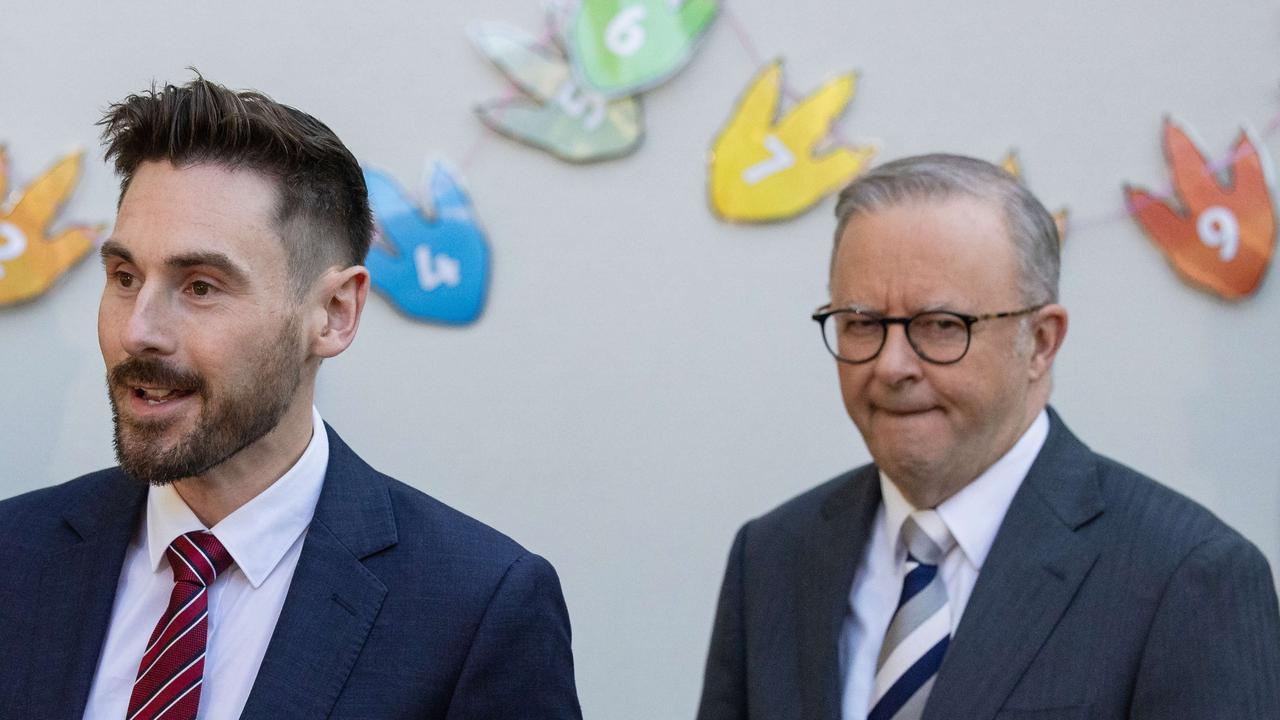
To join the conversation, please log in. Don't have an account? Register
Join the conversation, you are commenting as Logout